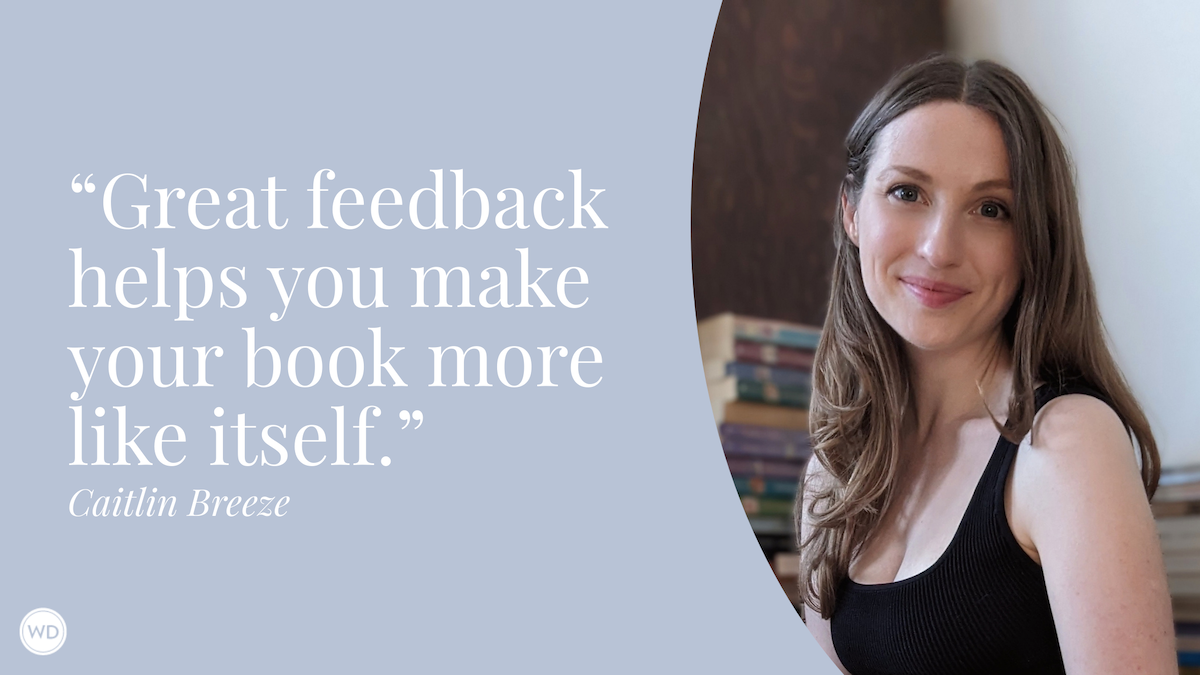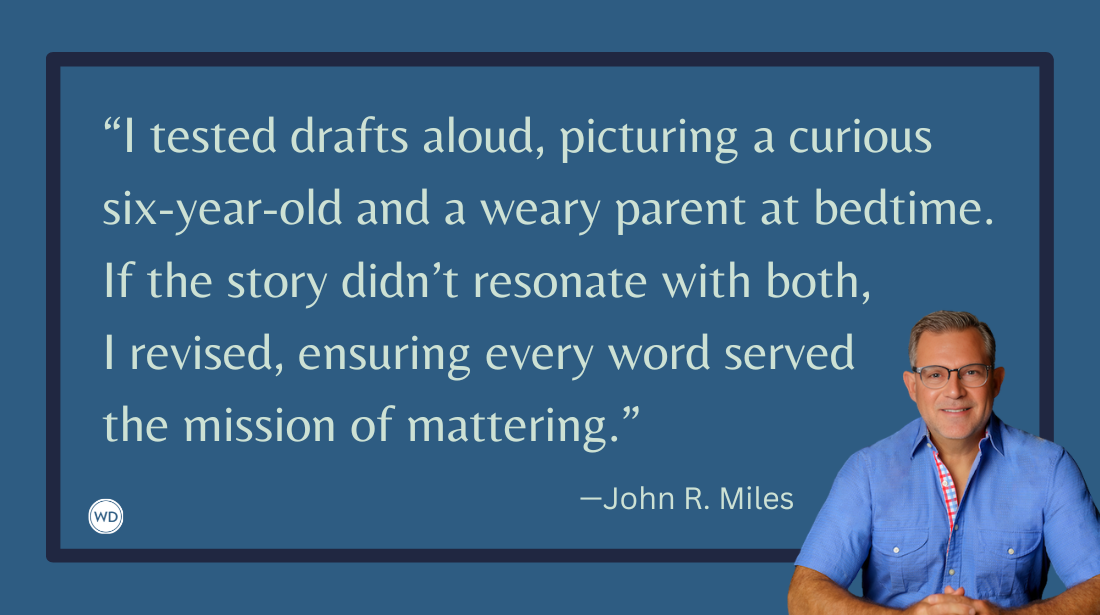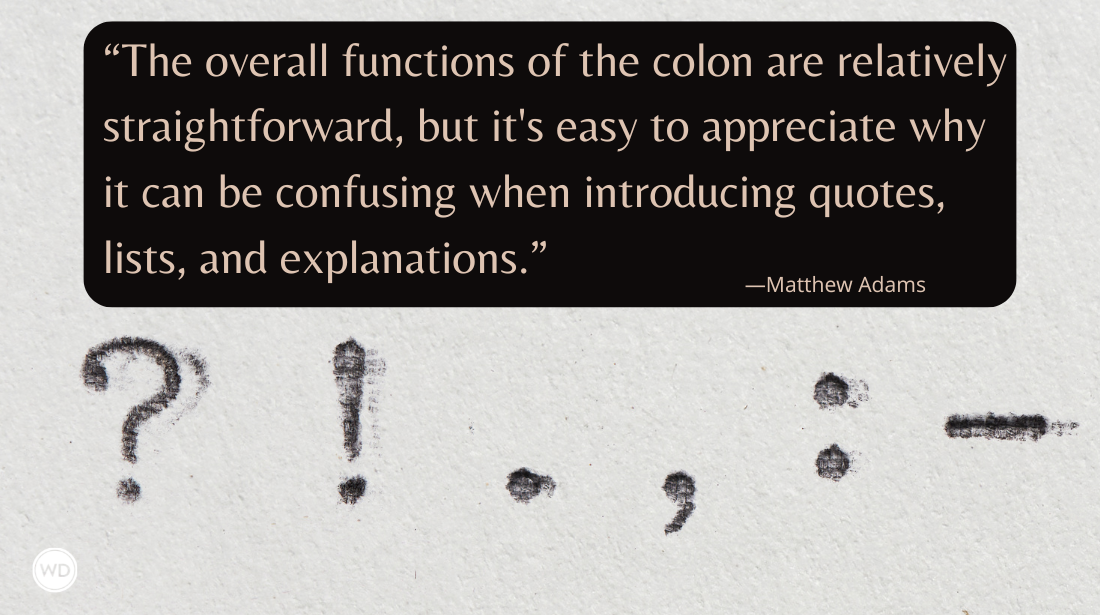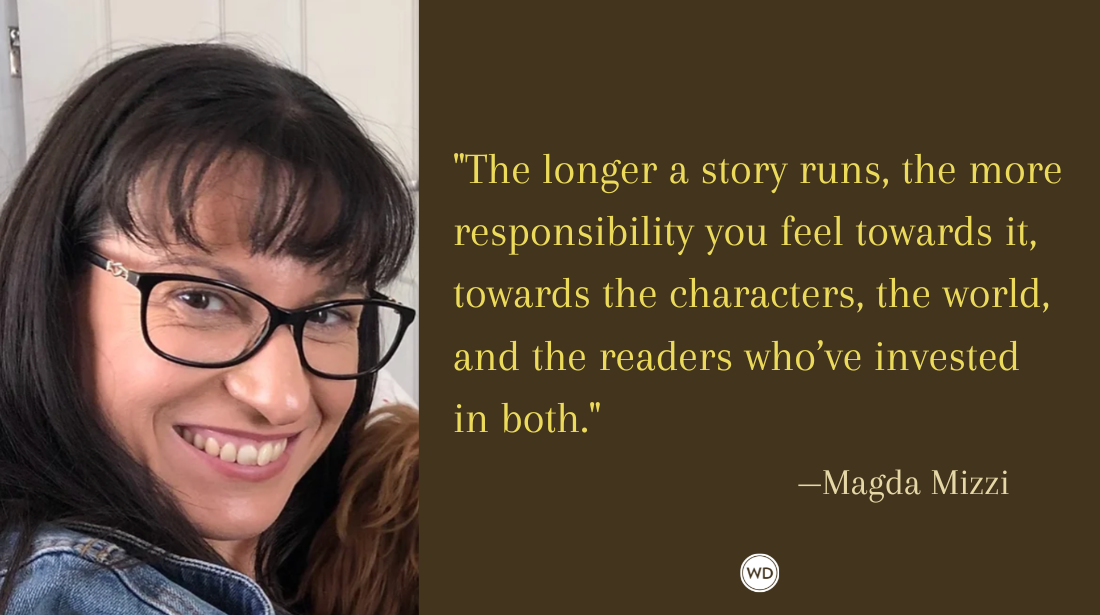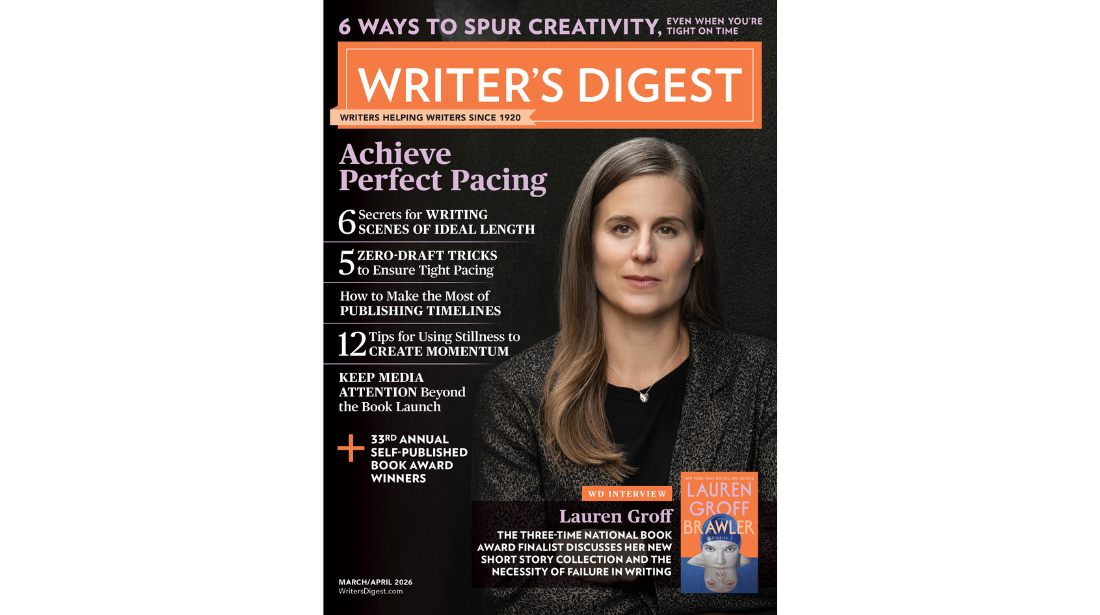How to Use Profanity and Other Raw Talk in Your Fiction
The expletive known in polite circles as “the f-word” was most famously used in a major novel, Norman Mailer’s The Naked and the Dead, published in 1948. Except it wasn’t. Let Elizabeth Sims explain.
The expletive known in polite circles as “the f-word” was most famously used in a major novel, Norman Mailer’s The Naked and the Dead, published in 1948.
Except it wasn’t.
Mailer’s publisher prevailed upon him to change the common but crass four-letter description of sex to “fug,” so as not to offend readers. Given the fact that the book was about men at war, the word occurred a lot. This resulted in a cluster-fug of criticism and discussion in literary circles, and gave rise to the anecdote about Tallulah Bankhead (or in some versions, Dorothy Parker) meeting Mailer and saying, “Oh, you’re the man who can’t spell that word.”
Times change.
These days, the f-word has lost some of its shock value, and most people—though by no means all—are not deeply offended by it. Still, authors often debate the role of racy talk in contemporary literature.
How much is too much? How do you know when you’ve gone too far, or not far enough?
First, let’s consider the rich palette of risqué words available to us and clarify their technical differences, so we know what’s what. Once you can differentiate among profanities, curses, obscenities, and the like, you’ll be better equipped to determine how, why, and if you should use them.
IndieBound | Bookshop | Amazon
[WD uses affiliate links.]
Profanity
Although it is often used to denote any objectionable word, profanity literally means words that are considered profane—that is, words proscribed by religious doctrine. (Proscribed generally means forbidden by written order.) In the Judeo-Christian tradition, this primarily means taking the Lord’s name in vain (that is, not in prayer).
For the love of God, stop complaining.
Jesus Christ, look at the size of that thing!
Curses
A curse calls upon a deity, or fate, to visit harm on someone or something.
Mild curse: Damn this zipper!
Strong curse: Goddamn her!
To be “damned” is to be condemned to hell. (See the common root lurking in condemned/damned?)
“Hell” can also be used as a curse—
Go to hell!
—or as mild profanity—
Oh, hell, the Potomac’s polluted again!
Swears
To swear literally means to take an oath, or to proclaim an oath. (An oath is a resolution or promise, usually calling on the deity’s assistance in carrying it out.)
As God is my witness, I’ll never go hungry again!
By God, I’ll show you!
Swearing can also be used to bear witness:
I swear, you’re the best cook in Memphis!
Obscenities
Obscene means something disgusting or morally abhorrent, often connoting sex. The f-word is considered the most objectionable of these. (Adding “mother” as a prefix ups the ante.)
Non-objectionable variants of the present participle form of the word—besides “fugging”—include “fecking,” “freaking,” “flipping” and “fricking.” (To be honest, I really don’t know why that “u” is so important.)
“Screw” is a milder word. Notice that both the f-word and “screw” are used not just to literally describe the act of intercourse, but to connote “taking advantage of”:
Don’t go to that repair shop—they screwed me out of $500 for a brake job I didn’t need.
Words referring to the pelvic area, male and female, are also considered obscenities.
Vulgarisms
Vulgarism is a great word that covers a lot of bases. If it’s crude and objectionable and falls outside the aforementioned categories, you’ve got yourself a vulgarism.
Casting aspersions on the circumstances of a person’s birth qualifies as a vulgarism. “Bitch,” “son of a bitch” and “bastard” can be termed vulgarisms. Ditto for “jackass,” which is often used as a substitute for another two-syllable word that starts with “ass.”
Excretory acts and their results fall under this rubric as well. “Crap” seems to be the only one that’s acceptable virtually everywhere.
To Use or Not to Use
Authors are divided about spicy talk, which is not surprising because readers are divided about it. Some really popular tough-guy authors—Lee Child comes to mind—use no profanity in their books, and lots of readers don’t even notice. Why? Because Child, for instance, doesn’t even write the watered-down “dammit,” which would call attention to the fact that he’s not using “Goddamn it.” For the same reason, he’s certainly not going to have his characters, who blow one another’s brains out at the drop of a hat, say “darn it.” On the other hand, Tom Clancy, another leader in the same genre, uses lots of profanity, and he sure sells books.
Some readers are turned off by even a single curse word, whereas nobody will buy your book simply because you use raw language. So the safest path is to use zero raw language, right?
Well, writing is a journey, and journeys involve risks. I’m certain there are authors who have been successful in part because they shun propriety. I remember being happily shocked by Holden Caulfield’s speech in The Catcher in the Rye when I was a teenager.
As you write, look for a balance involving what you feel comfortable writing, what suits the characters and story you are creating, and what might please or displease your hoped-for readers.
Why to Use
Humans get angry. They crave precise expression. There’s something about cursing or using vulgar language that acts as a release valve. Most of us have experienced a moment when a good old rule-breaking bad word just feels sublime rolling off the tongue, and so it is for fictional characters. Be true and honest to the voices of those characters. Moreover, if you want to write realistically about certain milieus, such as wharves, mines, and battlefields, well-written raw talk can make your characters seem lifelike and more authentic.
How to Use
Spicy language generally works best when it’s used sparingly, or at least in moderation. That way, you preserve the element of the unexpected, which can be a pressure-reliever for both character and reader. Aside from conveying anger or frustration, raw talk can also be humorous, in that it reveals how a character truly feels about something. For instance:
I ate another doughnut.
Versus:
I ate another goddamned doughnut.
You instantly get a clue about this character and her relationship with doughnuts.
You can also have a character who habitually uses profanity in contrast to others who don’t. That, in itself, is a good individualizer.
In the case of the wharf-workers, miners, and soldiers, here’s a caveat to remember: You shouldn’t just throw in spicy talk willy-nilly. You have to make it sound real. Go and listen to the people who populate the worlds you’re writing about. Read about them, experiment, read their words aloud.
But even if real cliff-blasting miners use a vulgarism every other word, it’s unnecessary for you to make your characters talk exactly that way. Just as with dialect and accents, using raw talk wisely serves to keep the reader grounded in your imaginary world while avoiding the potential fatigue of overdoing it.
Consider your characters and employ common sense. A suburban matron wearing a linen dress and pearls might never swear in public, but she might let loose in the principal’s office over a dispute between her kid and a teacher, or when she breaks a nail opening her prescription amphetamines.
How Not to Use
Shakespeare knew that raw talk is the spice of writing.
He wrote the mother of all literary cuss-outs (cuss
is simply a variant of curse) in King Lear, but interestingly there is no profanity or obscenity as we know it, merely terrifically imaginative vulgarisms, delivered with passion. Here it is, the Earl of Kent preparing to thrash the crap out of Goneril’s loathsome lackey, Oswald:
KENT (TO OSWALD): A knave; a rascal; an eater of broken meats; a base, proud, shallow, beggarly, three-suited, hundred-pound, filthy, worsted-stocking knave; a lily-liver’d, action-taking, whoreson, glass-gazing, superserviceable, finical rogue; one-trunk-inheriting slave; one that wouldst be a bawd in way of good service, and art nothing but the composition of a knave, beggar, coward, pander, and the son and heir of a mongrel bitch, one whom I will beat into clamorous whining if thou deniest the least syllable of thy addition.
Knowing the historical references helps; for example, “broken meats” means leftover table scraps. But even without that, we can luxuriate in the rant. This is a beautiful speech for many reasons: It’s forceful, it’s unique, it covers many aspects of insult, it clearly communicates one character’s contempt of another, and—important for many in Shakespeare’s audience—it avoids serious curses and obscenities.
It’s a shining example of how a writer can invent insults way more entertaining than those found in the standard lexicon.
You can do it by brainstorming aspects of your characters and their circumstances:
He was as appealing as a baboon’s butt.
You are the worst thing to happen to the world since
call waiting.
May you be condemned to an eternity of weak coffee, warm gin and a driveway paved with roofing nails.
By now, I think you’ll agree that it’s useful to explore—and perhaps even challenge—your own comfort zone. Certainly, if it’s not you, it won’t ring true. But whether you decide to write common curses and vulgarisms into your work or not, your characters do need a verbal pressure valve. Don’t use tacky asterisks to replace vowels. Just have fun with the process and remember that a fug by any other name might sound remarkably original.
Elizabeth Sims is the bestselling author of seven popular novels in two series, including The Rita Farmer Mysteries and The Lillian Byrd Crime series. She's also the author of the excellent resource for writers, You've Got a Book in You: A Stress-Free Guide to Writing the Book of Your Dreams, published by Writer's Digest Books.




